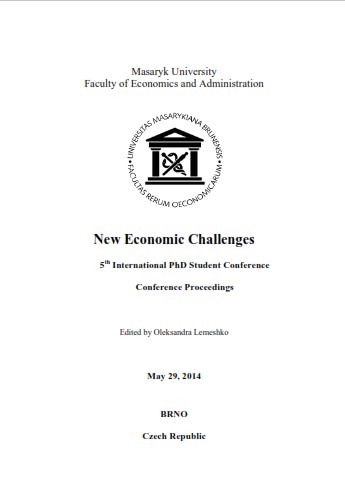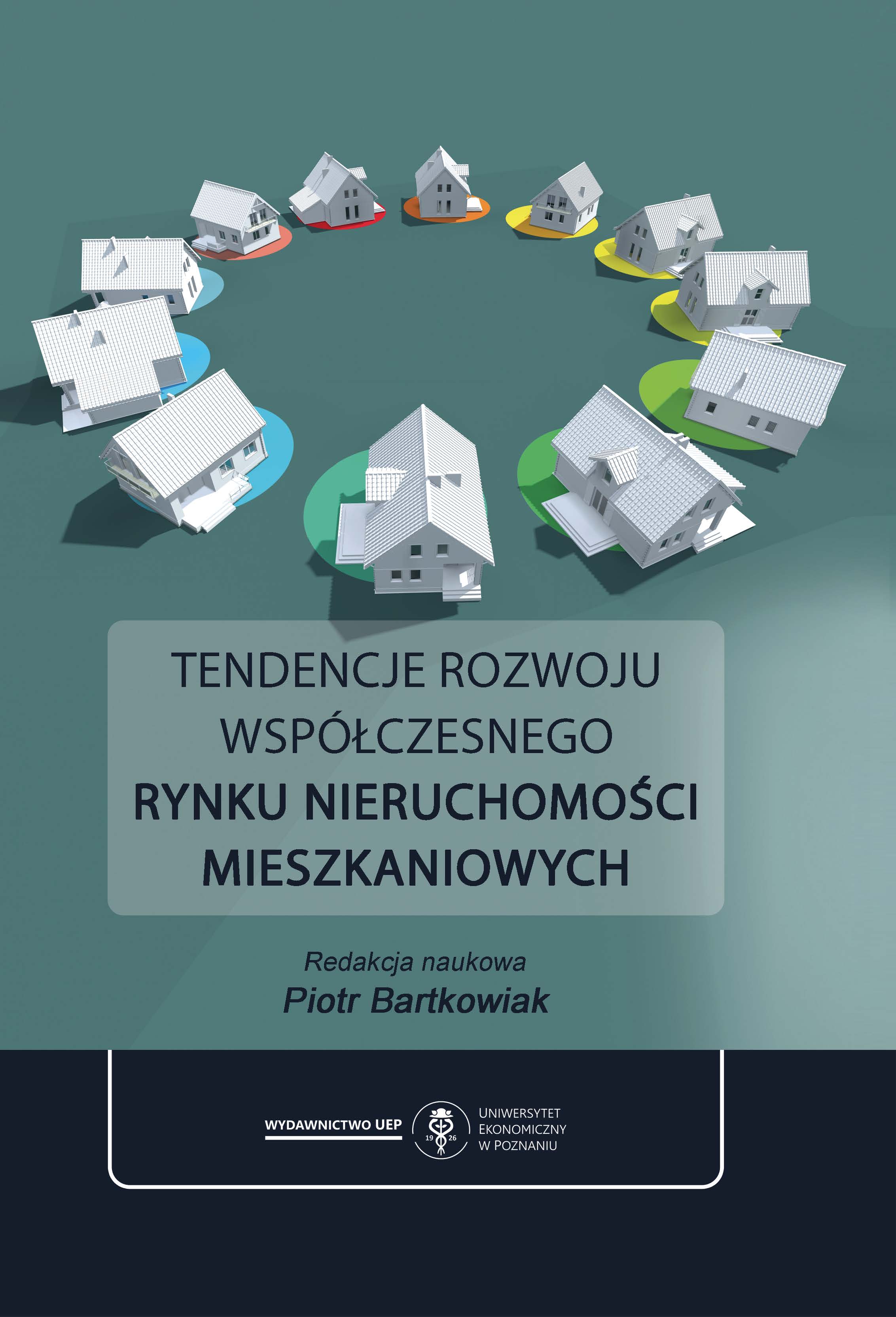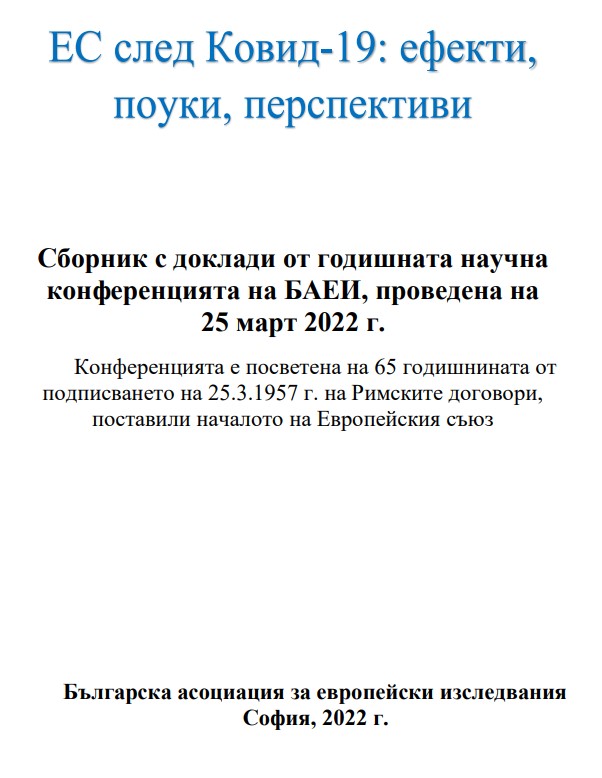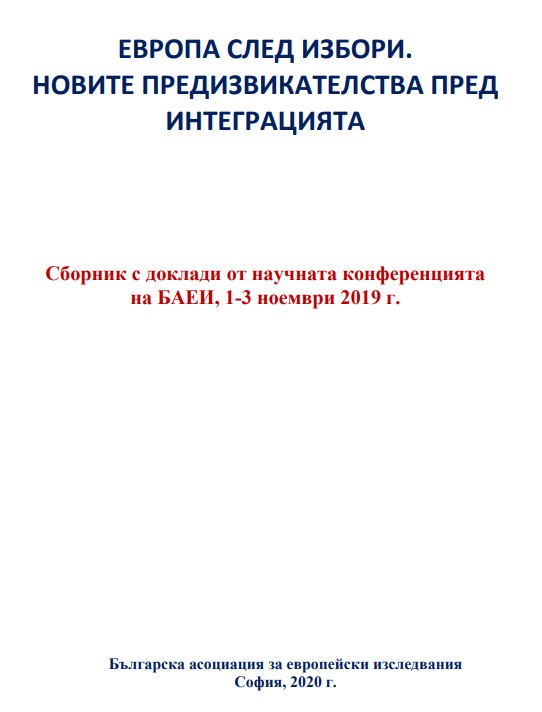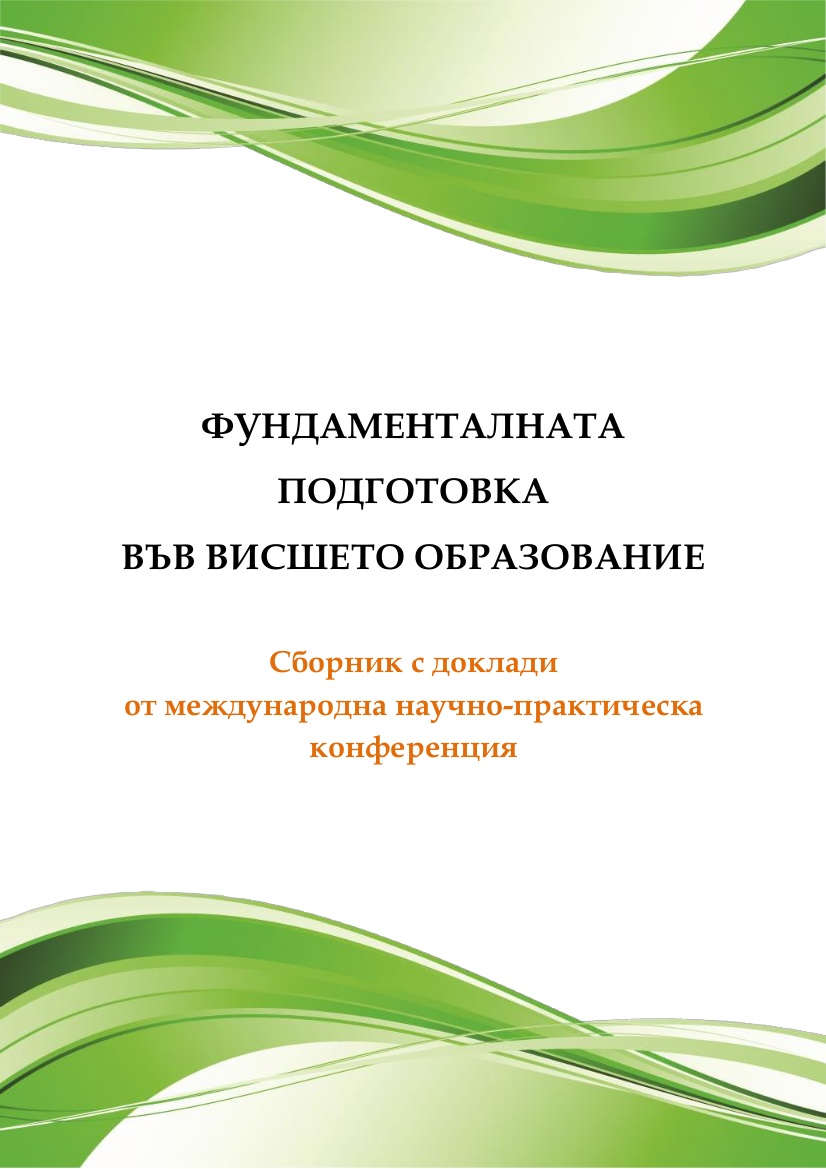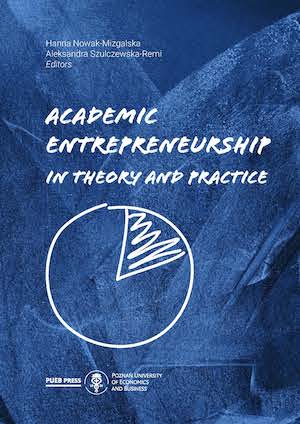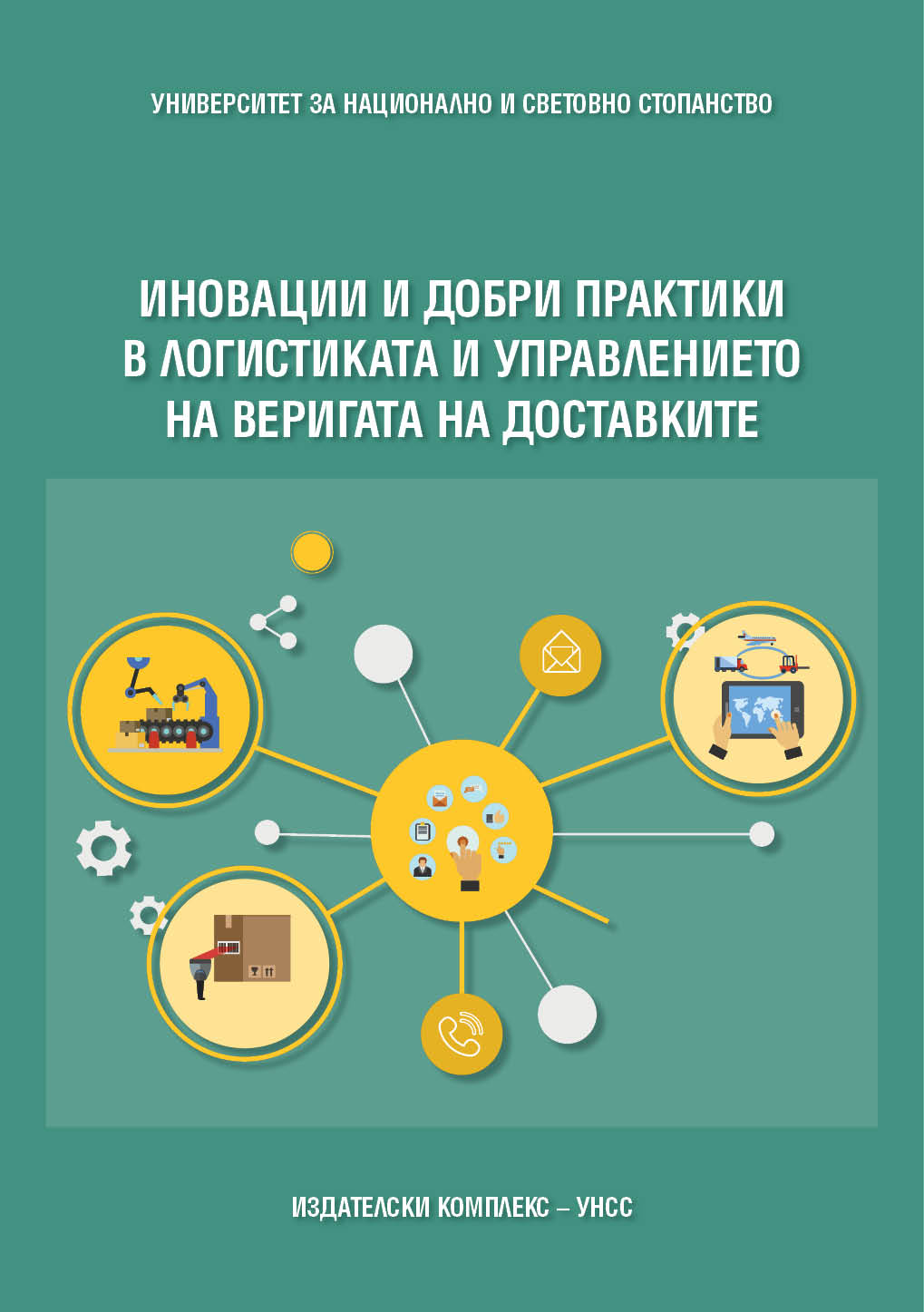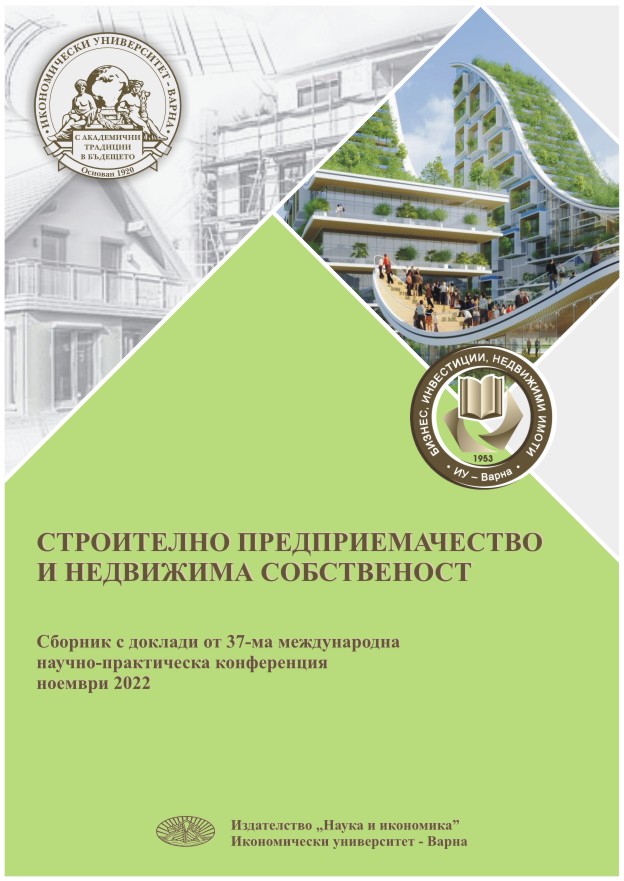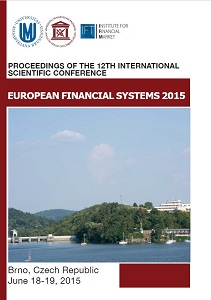
The Options of Adaptive Modeling Environment in Cyberspace of Secure Electronic Banking
The aim of the contribution is, based on the solving tasks of specific researches, express systematically adaptive environment of the modern intelligent cashless payment system as a cybernetic model aimed to the safety profile of the future system integrated electronic banking. To inform mainly experts of the possible use of the environment modeling in the new cybernetic space (cyberspace). Furthermore express methodology of the research work of an investigator team with regard to the necessary integration processes in the areas of banking and business.
More...
